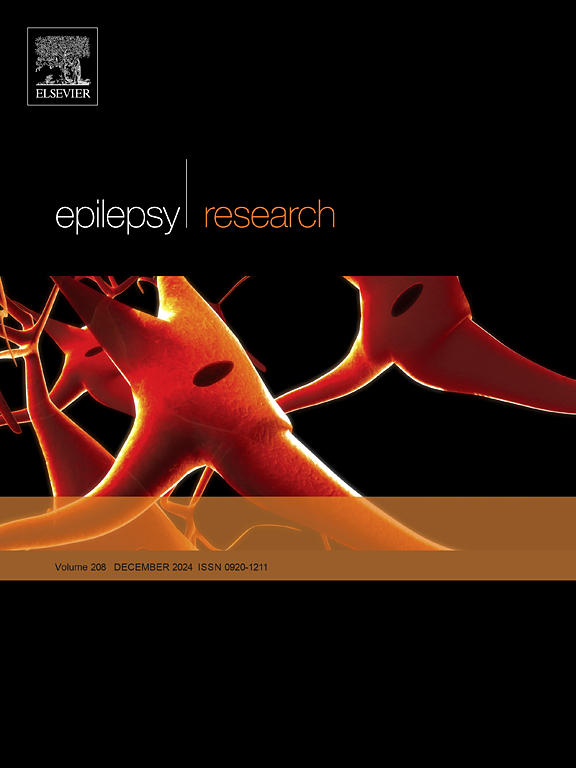癫痫引起的认知障碍对生活质量的影响:我们知道什么?
IF 2
4区 医学
Q3 CLINICAL NEUROLOGY
引用次数: 0
摘要
癫痫患者(PWE)经常经历认知障碍,这对他们的生活质量(QOL)产生负面影响。然而,认知障碍模式与生活质量之间的关系无论是在总体上还是在不同的癫痫亚型中都没有很好的确定。我们的理解受到不同研究和癫痫亚型中用于测量生活质量的工具的异质性以及认知评估组之间缺乏标准化的限制。这篇叙述性综述探讨了目前用于调查这种关系的方法,并从文献中确定了关键发现。我们强调有必要标准化测量生活质量和认知的方法,重点研究特定的癫痫亚型。我们建议扩大认知评估,包括与PWE生活质量相关的社会认知。研究人员和临床医生都可以利用这一叙述性的回顾作为表征癫痫治疗中认知障碍的独特效果的又一步。本文章由计算机程序翻译,如有差异,请以英文原文为准。
The impact of cognitive impairment due to epilepsy on quality of life: What do we know?
People with epilepsy (PWE) often experience cognitive impairment that negatively affects their quality of life (QOL). However, the relationship between patterns of cognitive impairment and QOL is not well established either overall or within different epilepsy subtypes. Our understanding is limited by the heterogeneity of the tools used to measure QOL across studies and subtypes of epilepsy and the lack of standardization between cognitive assessment batteries. This narrative review explores the current approaches used to investigate this relationship and identifies key findings from the literature. We highlight the need to standardize approaches to measuring QOL and cognition with studies focusing on specific epilepsy subtypes. We suggest expanding cognitive assessments to include social cognition, which correlates with QOL in PWE. Both researchers and clinicians can use this narrative review as another step toward characterizing the unique effects of cognitive impairment in the treatment of epilepsy.
求助全文
通过发布文献求助,成功后即可免费获取论文全文。
去求助
来源期刊

Epilepsy Research
医学-临床神经学
CiteScore
0.10
自引率
4.50%
发文量
143
审稿时长
62 days
期刊介绍:
Epilepsy Research provides for publication of high quality articles in both basic and clinical epilepsy research, with a special emphasis on translational research that ultimately relates to epilepsy as a human condition. The journal is intended to provide a forum for reporting the best and most rigorous epilepsy research from all disciplines ranging from biophysics and molecular biology to epidemiological and psychosocial research. As such the journal will publish original papers relevant to epilepsy from any scientific discipline and also studies of a multidisciplinary nature. Clinical and experimental research papers adopting fresh conceptual approaches to the study of epilepsy and its treatment are encouraged. The overriding criteria for publication are novelty, significant clinical or experimental relevance, and interest to a multidisciplinary audience in the broad arena of epilepsy. Review articles focused on any topic of epilepsy research will also be considered, but only if they present an exceptionally clear synthesis of current knowledge and future directions of a research area, based on a critical assessment of the available data or on hypotheses that are likely to stimulate more critical thinking and further advances in an area of epilepsy research.
 求助内容:
求助内容: 应助结果提醒方式:
应助结果提醒方式:


